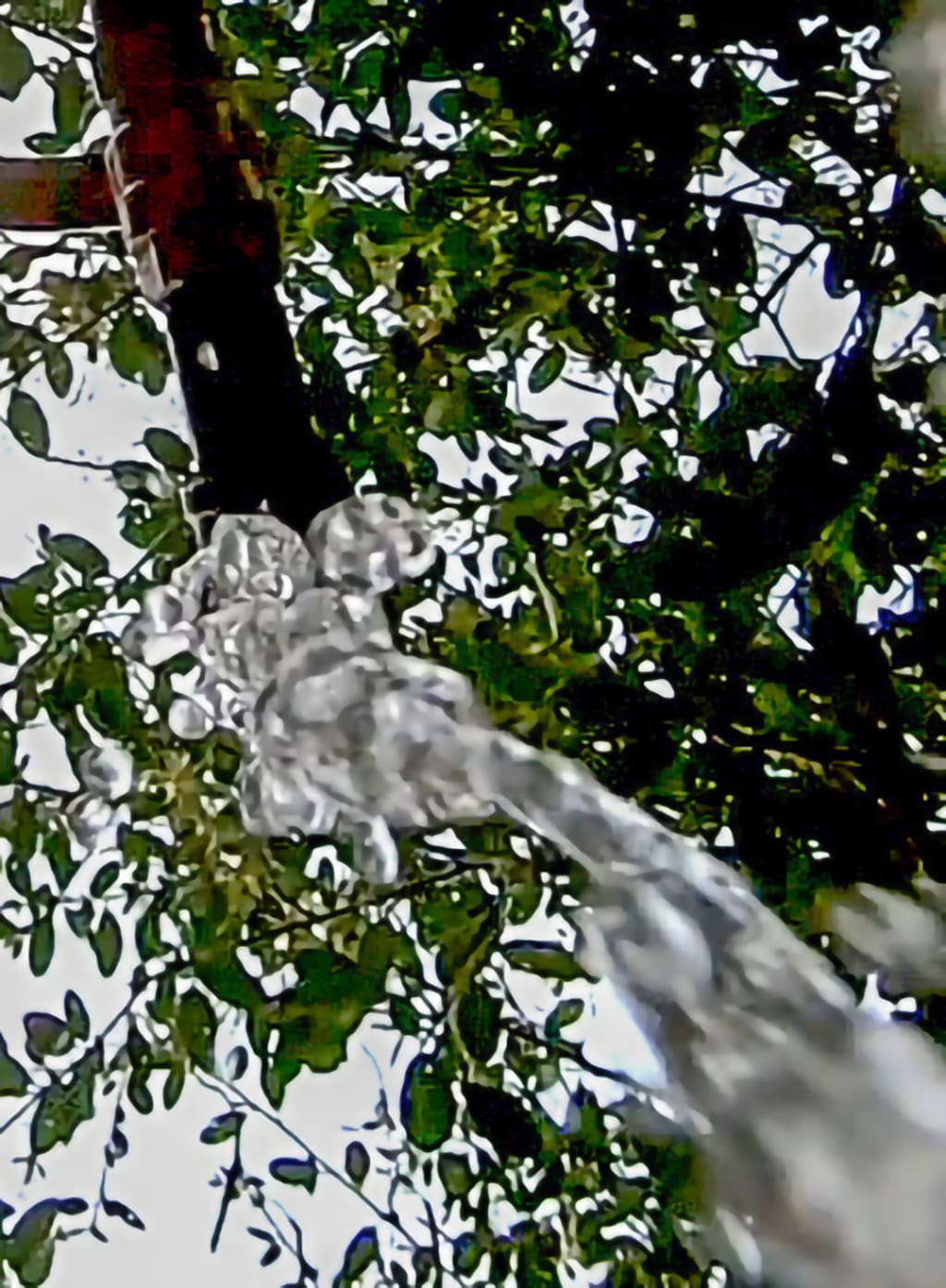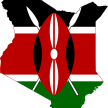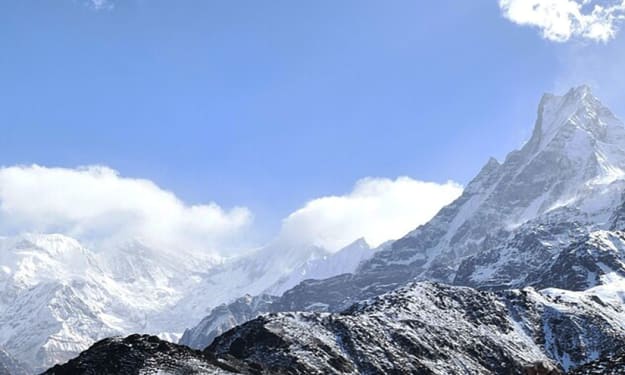
So good to be back in the wilderness after time spent in the big city of Nairobi. I am at a camp in Samburu County which is in a conservancy called Meibae. It’s a beautiful place but being in northern Kenya means it’s also dry usually. This is currently the rainy season or the end of it at least. There hasn’t been much rain until recently and even then, this parched land could use more. It used to be the rains could be counted on with a fair amount of regularity but because of climate change that is no longer the case. If you talk to any of the mzees (elders), they will tell you that the weather patterns are no longer predictable. For pastoralists, this means that they cannot count on rains to come and the grass to grow so their herds can graze. And this is a problem as you can well imagine. There is also a toll on human populations as well. We in America take water for granted. Yes, there have been parts of the U.S. that have been in drought but in all but the most extreme cases when you turn on your tap water comes out. Imagine if you will not having a tap but relying on what water falls from the sky and whether you can harvest enough of it to help you through the dry periods. Or hoping the water in the dry river bed is flowing close enough to the surface that you can dig down to collect it. Here at this camp, we bring drinking water with us from Nairobi or we boil the water that has been collected in tanks to provide us with drinking water. We are also very judicious about our water use. Showers are kept to a minimum, maybe once or twice a week, and even then, we are careful with our usage. It is a bucket shower and we fill it up, turn on the spigot to let enough water out to get us wet. We then turn it off and soap up. We then rinse, again being judicious with our water usage. It definitely makes you appreciate those showers where you don’t have to turn it on and off and can stand underneath the flow for the entire shower. There are constant reminders around us not to waste water as it is a precious resource here.
That’s how we humans get by. But how do plants and animals? It’s tough for them too. Many of the desert-adapted plants will only leaf out during times of plenty. This helps them save moisture. They will leaf out when there is enough moisture to help with that. A tree that had no open leaves on it when we arrived a couple of days ago has now leafed out. Termites will leave their colonies to start new ones when there has been enough rain. We had a small example of this the other day when it had rained hard overnight and we also received some rain during the day. Out of nowhere, termites were taking flight to start colonies elsewhere. They were exiting from a small hole in the ground so it appeared as if they had come out of nowhere. Amazing stuff to watch, but it is all dependent on water. There are other examples too many to elaborate on here but suffice it to say water is the key. Maji Maisha which, when translated means ‘water is life.’ It is the one thing pretty much everything is dependent upon and our most overlooked asset when we look at the bigger picture of things. Without water, you will not have life. I encourage everyone to think about your water usage and consumption and ways to save it. After all, your life, my life, all our lives, depend on it every single day.






Comments
There are no comments for this story
Be the first to respond and start the conversation.